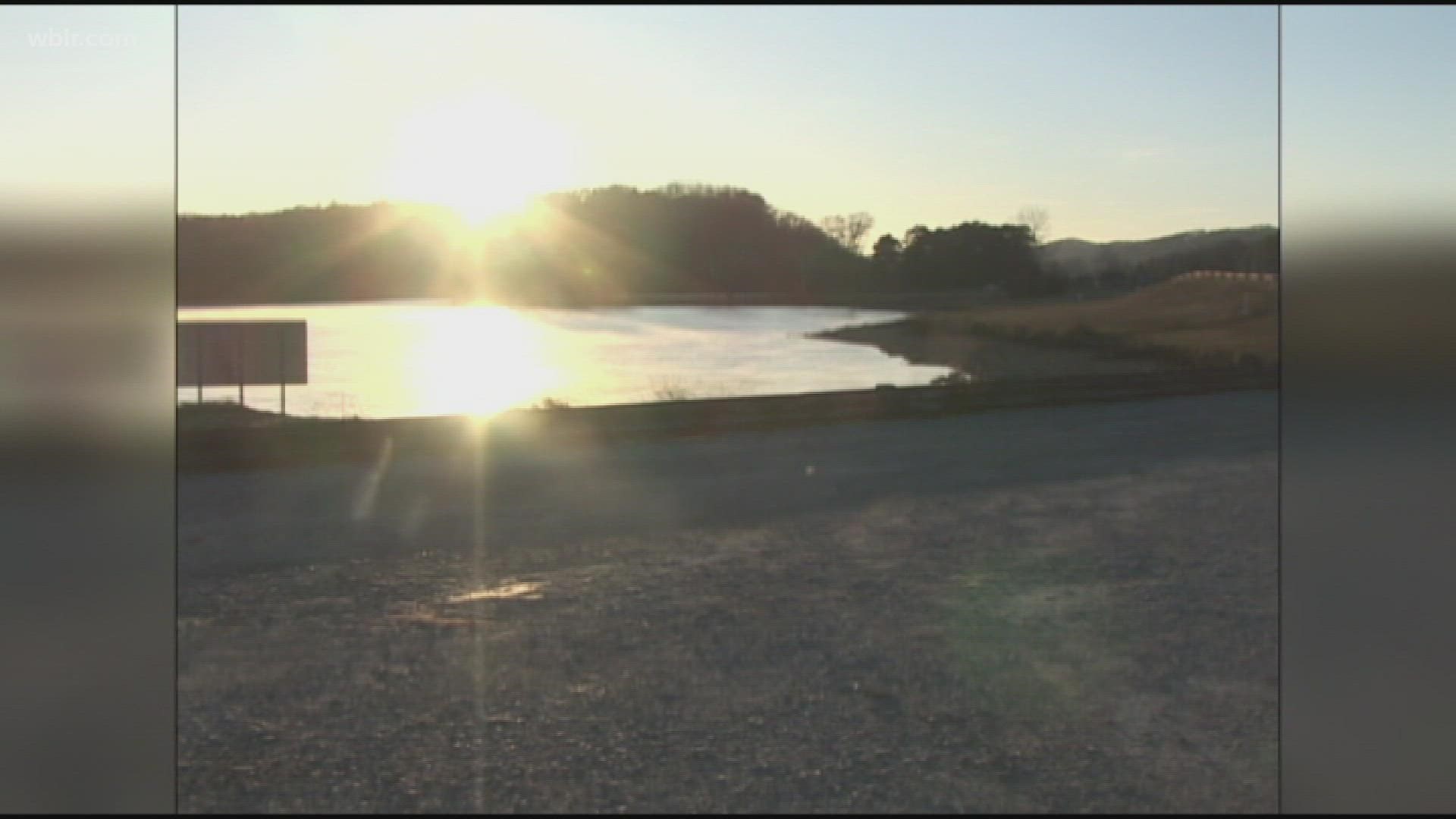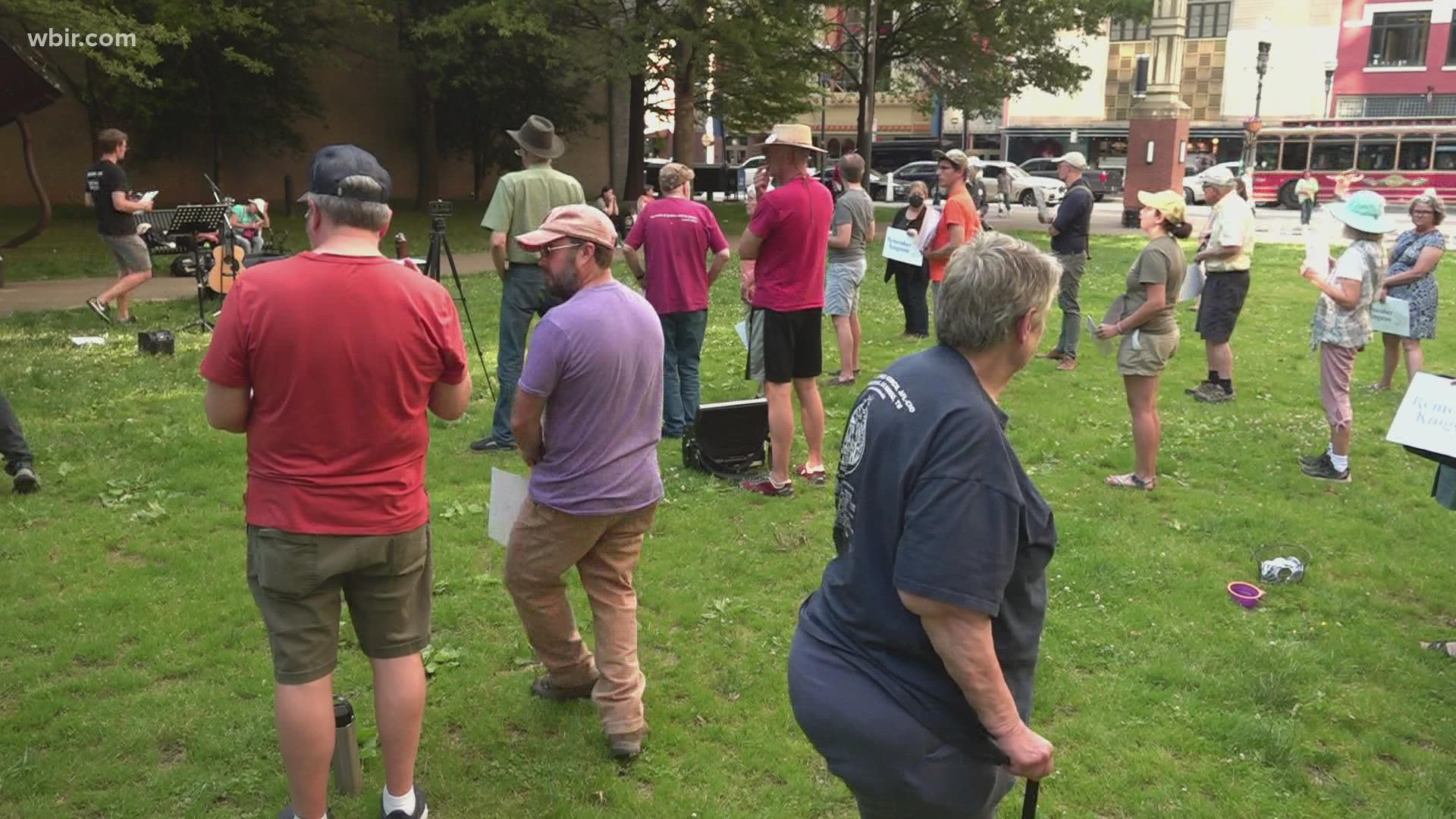NASHVILLE, Tenn. — The Tennessee Supreme Court heard oral arguments Wednesday regarding four questions in the Kingston coal ash case.
Lawyers representing Jacobs Engineering Group, Inc., a TVA contractor, argued the workers suing them didn't meet the requirements outlined in Tennessee's Silica Claims Priorities Act.
The law outlines steps plaintiffs have to follow when suing for damages involving exposure to silica. The CDC said silica is known to cause silicosis, a disease that damages the lungs and makes it difficult to breathe.
U.S. District Court Judge Thomas Varlan in Knoxville asked the state high court to rule on those four questions to determine whether the law applies in this scenario.
The lawyer representing cleanup workers from the giant coal ash spill of 2008 in Roane County said the law only applied to specific illnesses, those that "impair lung ability" and "impair a person's ability to breath."
"These cases are not that," said Mark Silvey, the workers' attorney.
"What in the text of those definitions are you relying on for your argument that it only applies to those sorts of diseases?" asked Justice Sarah Campbell.
Silvey said the requirements outlined in the act only applied to lung diseases, and not the other diseases his clients are suing over.
However, Jacobs Engineering Group's lawyer, Dwight Tarwater, said coal ash is mostly made up of silica, and the act should apply to this case.
Justice Holly Kirby asked whether the act should apply in a case where the workers are not alleging their illnesses are from silica exposure.
"The words of the statute are broad," argued Tarwater. "The words say what they say, they mean what they say."
"Breakfast cereals contain silica, Motrin contains silica," said Justice Kirby. "If I eat a breakfast cereal and my claim is that it had ground glass in it, according to your definition, I think I would be completely precluded from immediate injuries that took place."
A dike holding liquid coal ash failed in December 2008, sending sludge and muck across hundreds of acres in the Swan Pond area. Workers hired by Jacobs then were paid to clean up with mess, and many now say the work seriously impaired their health or caused death.
Silvey said if the justices found that Tennessee's Silica Claims Priority Act applied in this case, many of his clients suing Jacobs Engineering Group would have their cases dismissed in federal court.
If not, the case would be sent back to the federal level for final litigation. Both sides have tried and failed to mediate a resolution.
In 2017, Varlan split the case into two separate trials. The first of the two trials was held in 2018, and a federal jury in Knoxville found that Jacobs Engineering breached its duty of care to workers and was capable of making its workers sick.
A future trial or future trials will determine whether Jacobs' actions made the workers sick and eligible for monetary damages.
Varlan stayed the case in federal court until the state Supreme Court makes a ruling.


